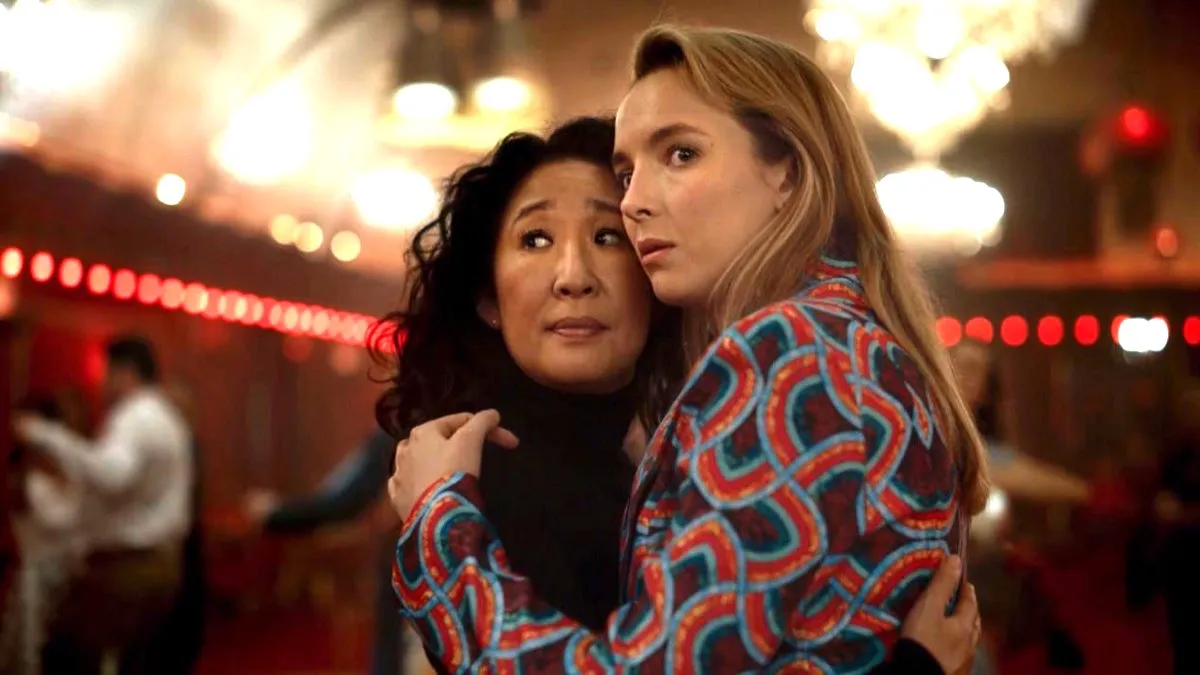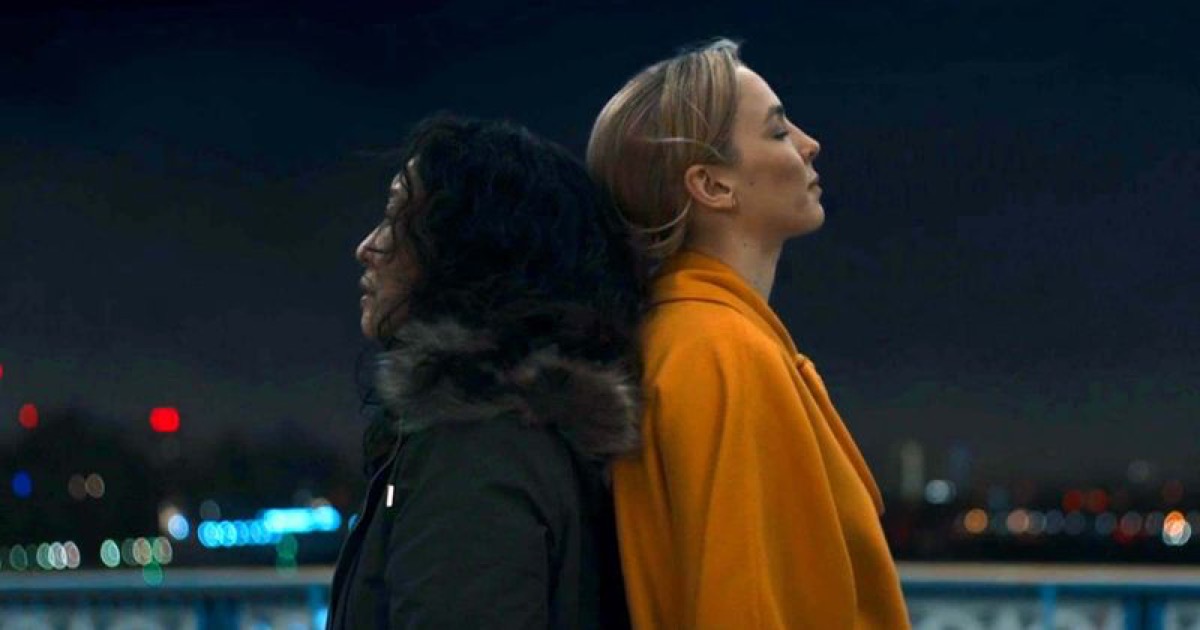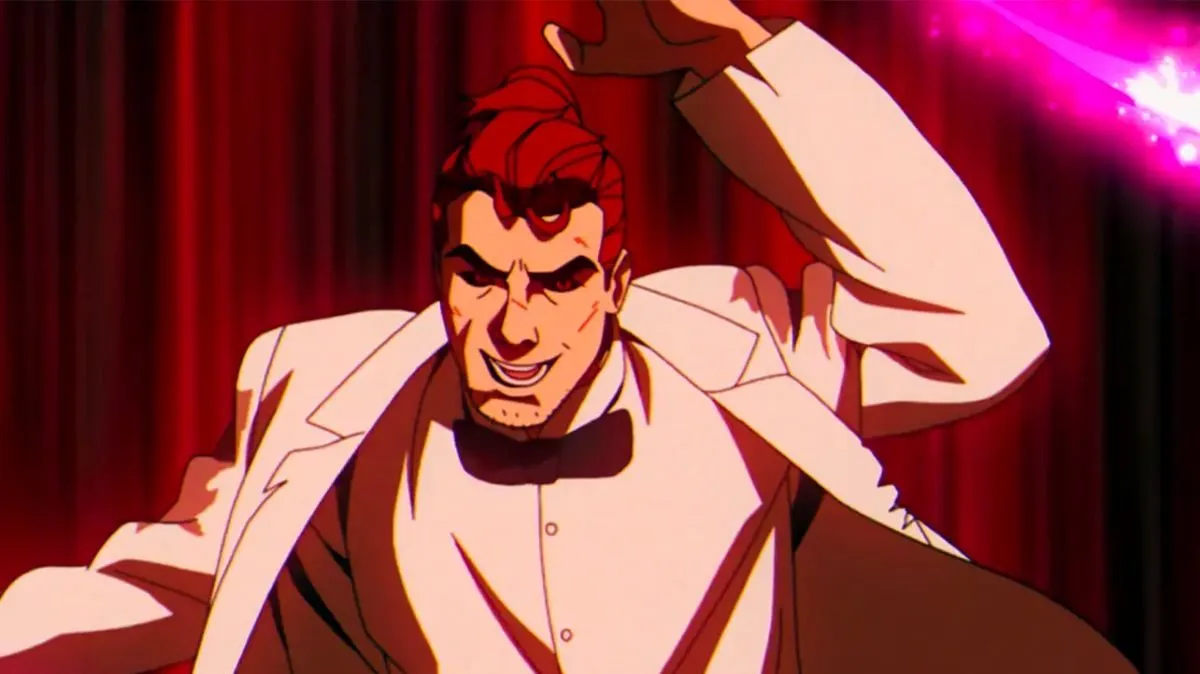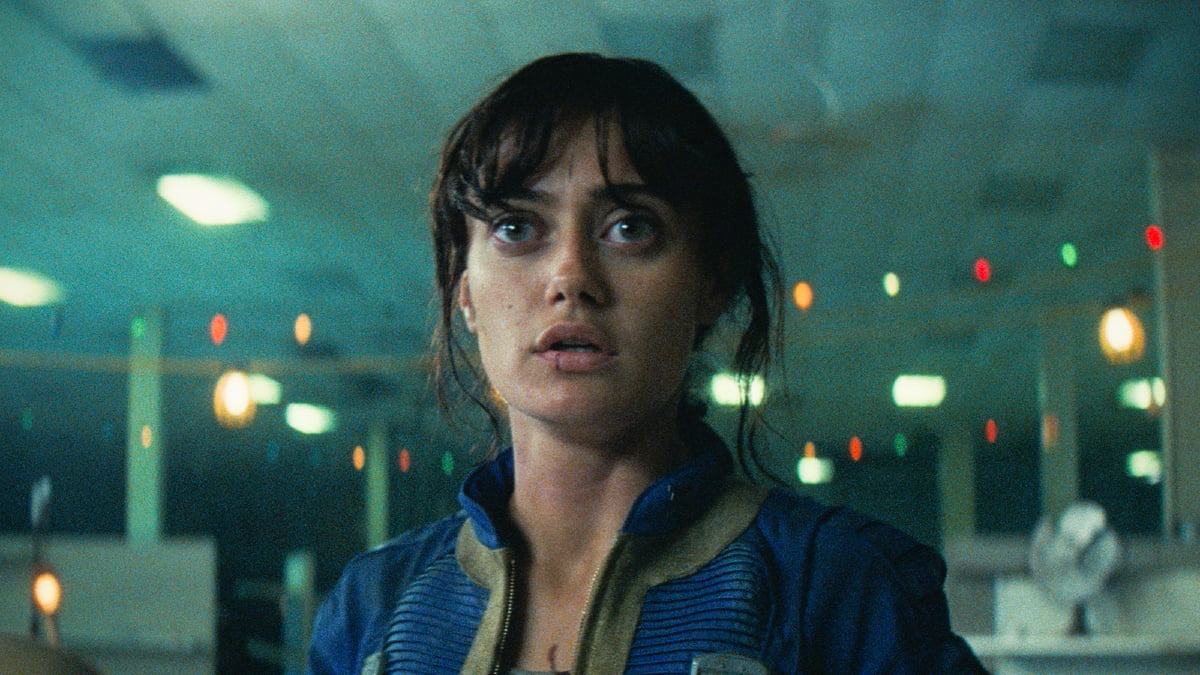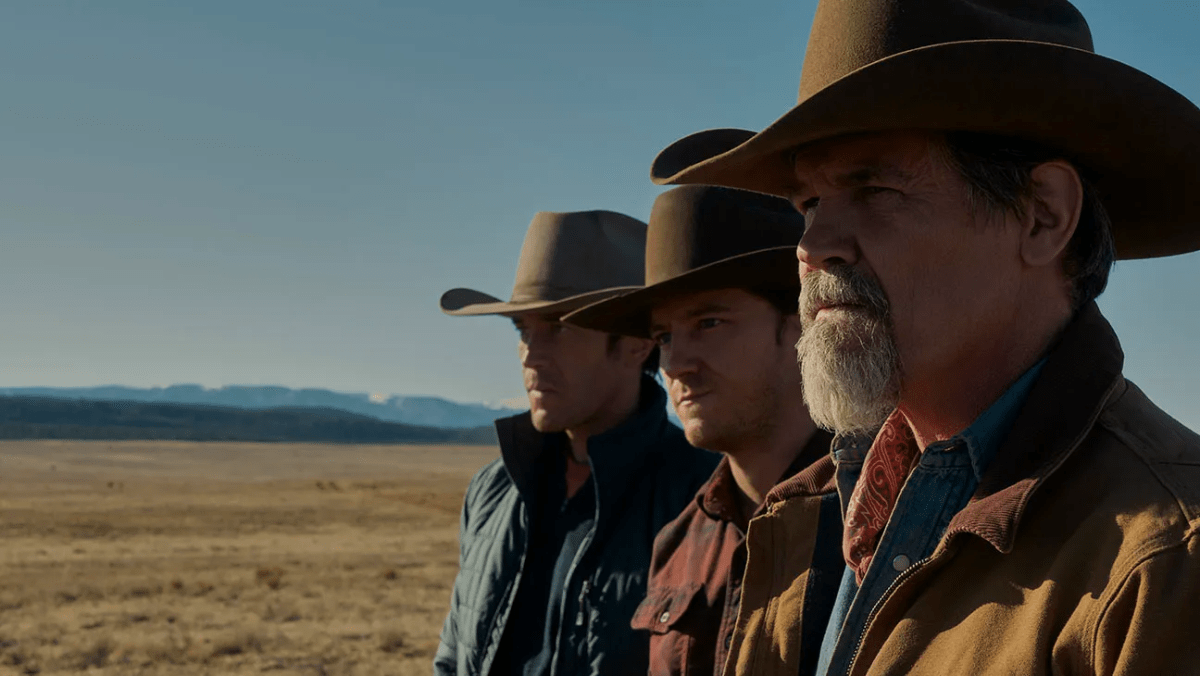Superb, stylish, and tragically beautiful are just a few words to describe Killing Eve as a whole, though the third season of this BBC hit, in particular, was especially brilliant, despite what the many negative reviews written by cis male critics say. Sandra Oh, Jodie Comer, Fiona Shaw, Kim Bodnia, and the rest of the cast delivered stellar performances, as usual, but it wasn’t simply the performances that tied the season together—it was also the character development throughout. Most importantly, there was a major shift in Villanelle (Jodie Comer) and Eve Polastri’s (Sandra Oh) relationship.
The second season focused on Eve further realizing who she really was underneath the heteronormative facade. Her continued obsession, feelings for, and pursuit of Villanelle turned her life completely upside down. Eve’s marriage to Niko (Owen McDonnell) fell apart, and she lost her MI6 job and everything she once knew as normalcy. At the end of the season, Villanelle shot and left Eve for dead because of her lack of reciprocation and refusal to admit her feelings.
In the season 3 premiere, “Slowly Slowly Catchy Monkey,” a time jump has occurred. Villanelle has abandoned her job with the Twelve, settled down in Spain, and appears to be getting married. Naturally, Villanelle only cares about the woman’s money and how it can fuel her lavish lifestyle, and the wedding ends terribly because of the return of her former trainer/mentor, Dasha Duzran (Harriet Walter).
With Villanelle being so lost and completely without purpose, she returns to her job with the Twelve in hopes of moving up, position-wise. Meanwhile, Eve’s just as lost, and the contrast is extremely noticeable. She’s visibly given up on herself in a physical and mental sense.
The further events of the season are triggered by the death of Kenny (Sean Delaney), the reappearance of Dasha in Villanelle’s life, and Villanelle finding out Eve survived her brutal attempt at killing her. What’s captured so perfectly from there on out is how Villanelle and Eve continue to become one another. Villanelle barely fights her capability of having genuine emotions and feelings, while Eve becomes increasingly more reckless and fixated on her desires.
With Villanelle’s character it’s cemented even more so that she’s never been one-dimensional—that casting her off as a psychopath (unfortunately, the show doesn’t address ASPD) who can’t feel anything, doesn’t care, and can’t love is a disservice to her character.
Episode 3, “Meetings Have Biscuits,” cements the moment in which Eve momentarily stops around Villanelle. She sees for the first time since the attempted murder, attacks Villanelle on the bus, and kisses her out of nowhere. The kiss itself sends them both into a tailspin for the remaining episodes, with Villanelle knowing it means something and Eve trying to avoid that fact. Her avoidance comes in the form of her trying to repair her marriage with Niko, only to have Dasha intervene, attempt to kill Niko, and try to pin it on Villanelle.
Later, Villanelle seeks out her biological family, using the information given to her by Konstantin (Kim Bodnia), only for that not to pan out—resulting in her killing her mother, blowing the house up, and only sparing her two brothers. Destroying a home that she didn’t belong to was a pivotal moment for the reason. In Villanelle’s own way, she was trying to move on and put that part of her life behind her, rather than stew on the fact that her mother was neglectful and would never give her back her childhood.
Ultimately, Villanelle does get what she claimed to want (to be a Keeper for the Twelve), only for the work not to be any different. She then seeks to join Konstantin’s plan to run away and leave everything behind, including Eve. Her spurts of emotion aren’t for show; they show that her walls are breaking down and that the life of a killer for hire isn’t working for her anymore. She doesn’t get the same thrill she used to from killing people, leaving her to wonder who she is, as well as who she can be without it—though mostly everyone around her, aside from Eve, sees her as simply an assassin.
The last few episodes of the season lead to the emotional climax. They are paced entirely differently compared to the former 2 seasons. Everything is intertwined, and many characters are reaching or have reached breaking points with one another. Villanelle can’t kill people with ease anymore, botches up an assignment, and tries to kill Dasha. That leads to Eve giving in to her violent urges by pressing her foot down on Dasha’s chest with a look of thrill. She stepped into who Villanelle used to be in a single moment.
By the end of the finale, Eve comes to the conclusion that she can no longer destroy the Twelve (like Kenny wanted), leading her to several realizations about herself, as well as the reality of her relationship with Villanelle, which is both tragic and powerful. Instead of the writers disappointing the viewers and leaving their feelings for each other ambiguous, it’s obvious what’s between them. And what’s even more obvious is how Villanelle has changed in how she feels towards Eve. She’s no longer proclaiming “You’re mine” and instead gives Eve the chance to walk away from her forever.
This act in itself is incredibly selfless (the complete opposite of who Villanelle was in seasons 1 and 2) and makes clear the development these two women have experienced. Neither of them is running from themselves or each other anymore, as they turn around after trying to walk away. And if that doesn’t depict clear development in the nature of their relationship, then I don’t know what will.
(images: BBC America)
Want more stories like this? Become a subscriber and support the site!
—The Mary Sue has a strict comment policy that forbids, but is not limited to, personal insults toward anyone, hate speech, and trolling.—



